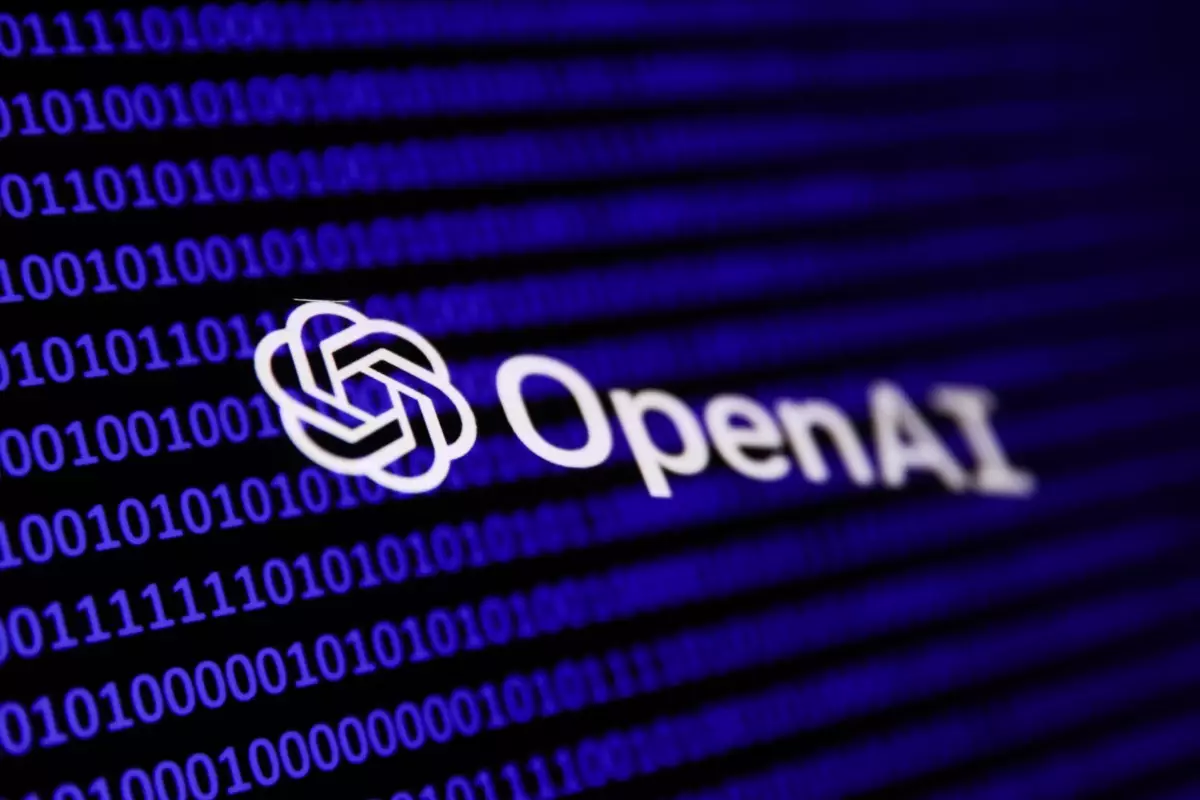Suchir Balaji, a promising AI researcher, was found dead in his San Francisco apartment at the young age of 26. His passing, ruled as suicide by the Office of the Chief Medical Examiner, has left the tech community grappling with a mixture of grief and introspection. Balaji’s journey through the world of artificial intelligence and his poignant concerns about its ethical implications serve as a stark reminder of the pressing moral dilemmas faced by professionals in this rapidly evolving field.
Balaji had spent nearly four years at OpenAI, where he contributed to groundbreaking projects, including ChatGPT and WebGPT. However, he ultimately resigned, expressing deep concerns that the technology he worked on would bring more harm than benefit to society. In an interview with The New York Times, he highlighted the significant tensions between technology advancement and ethical responsibility—issues that resonate strongly in our current digital age.
Concerns Over Copyright Violations
Balaji’s unease revolved primarily around allegations that OpenAI was breaching copyright laws by using data without adequate consent. As he noted, many generative AI products create substitutes to the very datasets they were trained on, complicating the defensibility of “fair use.” His findings mark an essential discussion point regarding intellectual property rights in the context of AI—a topic that has come under fire in recent years as generative models gain prominence.
This scrutiny became even more pressing in November when Balaji was named in a copyright lawsuit against OpenAI, marking a profound turning point in the conversation around the ethical responsibilities of such tech companies. The timing of his death just a day after this legal development adds a layer of somber reflection, highlighting the intense pressures that can accompany high-stakes technology research.
A Culture of Concern
While Balaji was not the only whistleblower on the ethical implications of AI, his insights diverged from the more generalized complaints about workplace culture at OpenAI. Many former employees have raised alarms regarding the organization’s internal dynamics and how they might engender high-stress environments. Yet, Balaji’s focus was uniquely attuned to the potentially harmful societal impacts of the data practices that underpin these advanced algorithms.
The AI community’s response to his passing underscores the growing recognition of the psychological toll associated with navigating moral quandaries in technology. Social media platforms have seen an outpouring of tributes lamenting not only Balaji’s loss but also the broader issues of mental health and ethical conduct in highly competitive tech environments.
Balaji’s journey prompts us to critically examine the frameworks guiding the development of AI technologies. As the field advances, effective solutions must be presented to navigate intellectual property concerns, societal impacts, and ethical dilemmas. The need for transparency and accountability in how AI systems are trained and deployed is paramount. It raises the question: How do we ensure that technological advancement does not eclipse our moral responsibilities?
Suchir Balaji’s insights serve as a clarion call to professionals, policymakers, and technology developers alike. The urgency of addressing the expansive ethical considerations in AI cannot be understated and calls for an integrated approach that prioritizes humane and responsible innovation.
Balaji’s tragic death is more than a personal loss; it represents a troubling intersection of innovation and troubling ethical questions in the AI landscape. As we reflect on his contributions and his final thoughts, we must ask ourselves how we can establish a culture in tech that values ethical consideration as much as it does innovation.
His concerns point to a critical dialogue that needs to be amplified within the tech community. It is vital for organizations like OpenAI to foster environments where ethical dilemmas can be discussed openly and without fear. Failure to address these issues not only threatens the individuals within these spaces but can lead to broader implications for society as a whole.
Balaji’s legacy will hopefully be a driving force behind more inclusive and ethical practices in the world of artificial intelligence—a field with the potential to either uplift or harm society at large. As we continue to innovate, may we remember and honor his courageous stance on ethics, striving for a balance between advancement and accountability.

